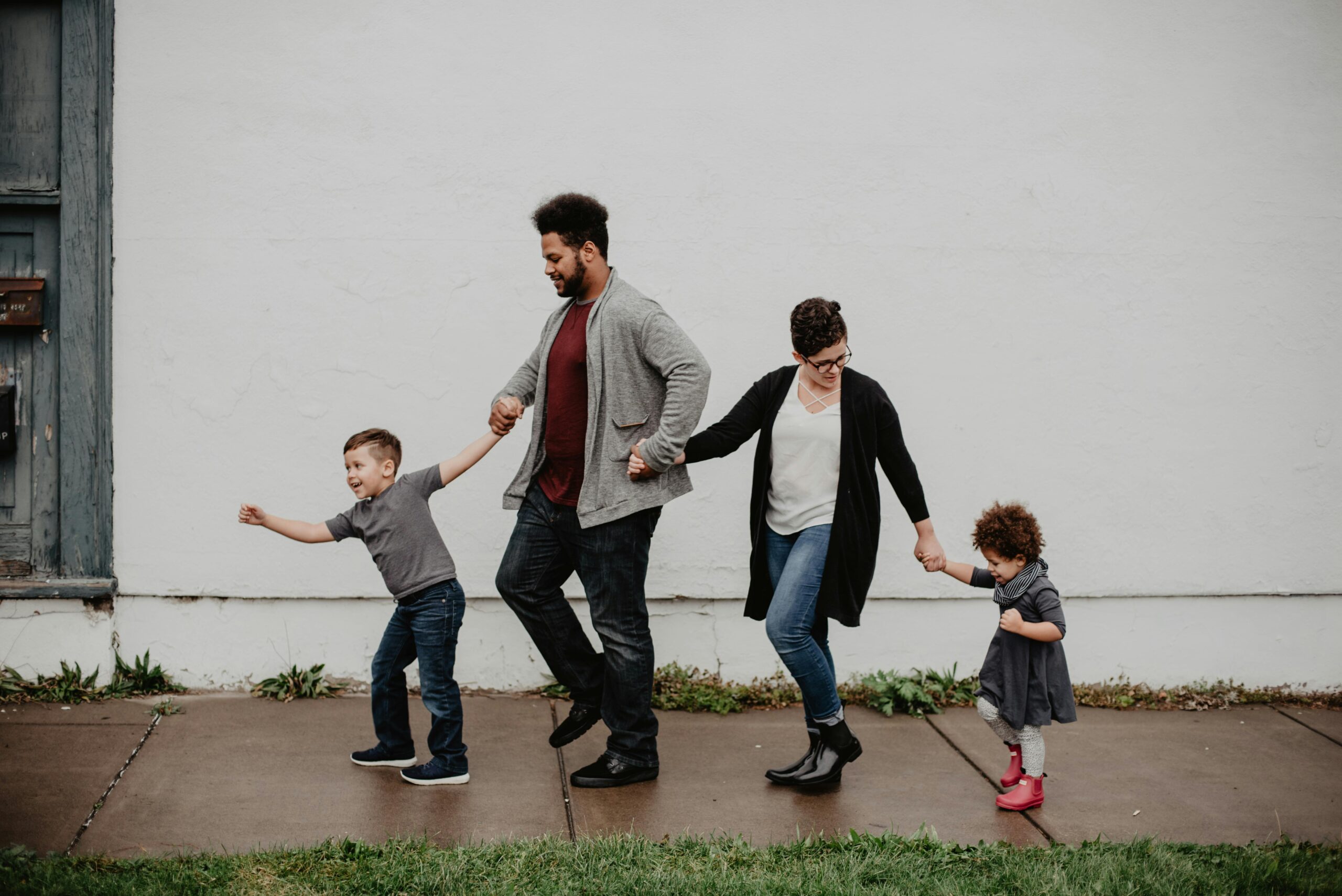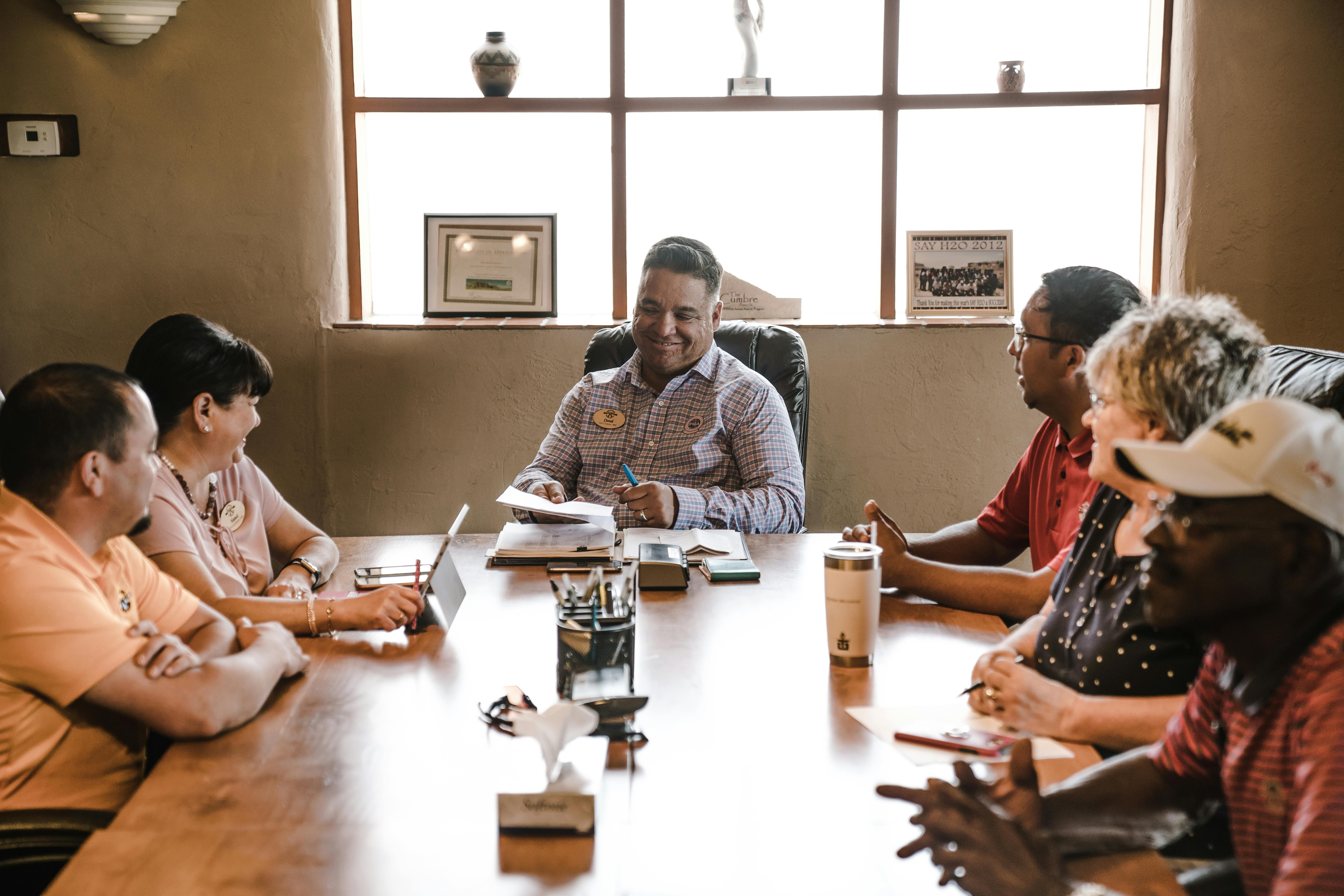Supporting Recoverees
Giving You the Resources to Help People
This page will direct you to all of the trainings contained in the Supporting Recoverees unit. This unit discusses the basics concepts of helping people in their recovery journey— What are multiple pathways of recovery? How can you do recovery advocacy? How can families and allies get involved in the recovery movement? In response to this, our team has created a library of resources as well as individual trainings in Articulate that you can use to educate yourself or your team.
Multiple Pathways of Recovery
Recovery doesn't look like any singular process, thing, or story. This topic teaches you some of the ways that recovery might differ between you, your coworkers, and anyone else in the recovery center.
Managing Your Stuff
As you navigate recovery and recovery coaching, it's important to remember that your stuff matters too. This topic guides you through how to maintain your own boundaries, mental health, and overall well-being.
Addressing Stigma
Stigma in the recovery community can be a difficult hurdle to jump over. This topic page addresses some of that stigma—what it might look like, and how it permeates recovery spaces. Additionally, it provides resources to help counteract stigma.
The Recovery Process
While recovery looks different for everyone, there are several stages that you can expect as you experience or witness recovery. This topic guides you resources to understand the stages of the recovery process.
Engaging Families and Allies
Recovery benefits from having strong support systems in place. This topic provides insight on how to engage families and allies in the recovery process and recovery advocacy.
Diversity, Equity, and Inclusion in Recovery
Ultimately, recovery affects a wide variety of people. We understand how crucial it is to have the ability to cater to different groups in recovery, so this topic supplies some resources and strategies.
Recovery Advocacy
The recovery community requires advocates to be an active part of the process. This topic teaches you all about recovery advocacy, including how to be the best advocate that you can be and how to reach out to more advocates.







